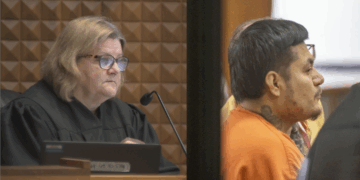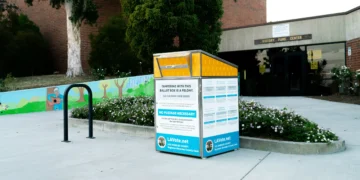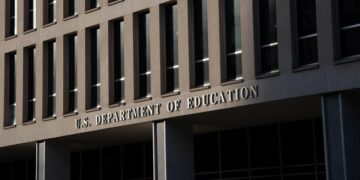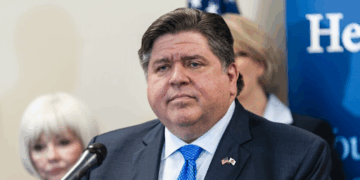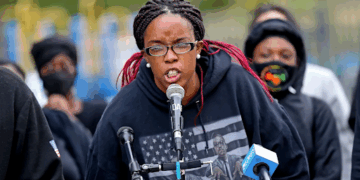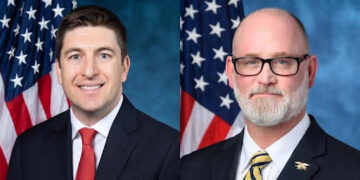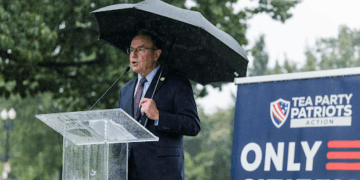Wisconsin’s unemployment insurance system is under fire after a federal audit revealed the state improperly paid nearly $248 million to claimants—most of whom weren’t even looking for work.
Between July 2021 and June 2024, the U.S. Department of Labor reported a 24.54% improper payment rate, far exceeding the 10% federal limit set by the Payment Integrity Information Act. The majority of this waste—66.25% of all overpayments—stemmed from recipients failing to meet basic job search requirements.
One of the most alarming statistics: 15.96% of overpayments were linked directly to work search violations. In other words, nearly two-thirds of improper unemployment payouts went to individuals not meeting the core expectation of seeking employment.
Despite the severity of the issue, Governor Tony Evers vetoed multiple reform bills aimed at cleaning up the state’s UI system. The proposed legislation—passed by the state Legislature—sought to increase oversight, close fraud loopholes, and enforce work requirements more strictly.
Key bills reintroduced this session by the Assembly Labor Committee include:
- AB 162: Requires agencies to report training and workforce development outcomes.
- AB 167: Expands the definition of employee misconduct to include theft and destruction of property.
- AB 168: Extends the statute of limitations on felony fraudulent UI claims to 8 years.
- AB 169: Penalizes UI recipients who refuse job offers or skip interviews.
Lawmakers say the reforms are long overdue. The data shows a clear pattern of abuse, yet current policies lack the teeth to hold fraudsters accountable—or to deter misuse in the first place.
With new reform bills back on the table, all eyes are on Governor Evers. Will he back accountability this time, or continue blocking measures aimed at protecting taxpayer funds?


